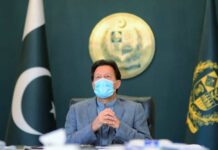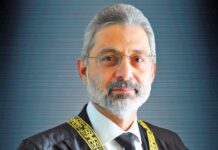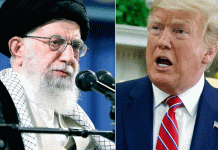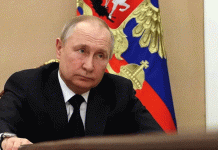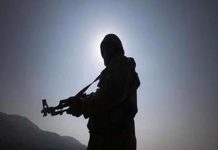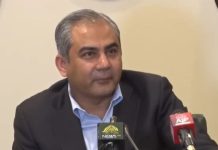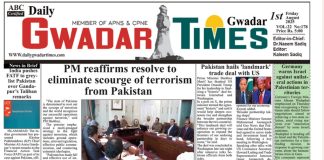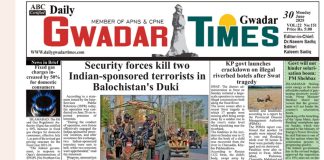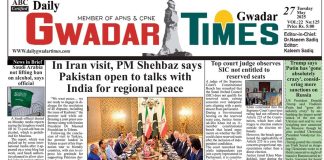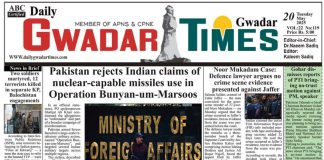Independent Report.
Islamabad, Sep. 6 — The Institute of Strategic Studies Islamabad (ISSI), through its Arms Control and Disarmament Centre (ACDC), held a special ceremony to commemorate Pakistan Defence Day 2025 under the theme “Marka-e-Haq and the Future of Warfare in South Asia.” The event brought together ISSI faculty, interns, and students.
Ambassador Sohail Mahmood, Director General ISSI, paid glowing tributes to Pakistan’s armed forces and martyrs, recalling their ultimate sacrifices for the nation’s security. He underscored that Pakistan had faced existential threats from India since its inception, including India’s role in the 1971 dismemberment of Pakistan. He noted that India’s nuclear test in 1974 compelled Pakistan to pursue its own nuclear program, culminating in the 1998 tests that ensured Pakistan’s defence became impregnable.
He emphasized that Pakistan seeks peaceful coexistence and dialogue, but warned that if sovereignty is threatened, the country will respond “firmly and effectively.” Referring to Pakistan’s swift response to Indian aggression in May 2025, Ambassador Mahmood said the professional conduct of the armed forces not only reinforced deterrence but also enhanced Pakistan’s global image. He concluded that national defence was a multidimensional enterprise requiring unity, economic strength, social cohesion, and robust military capability.
Malik Qasim Mustafa, Director ACDC, remarked that despite the May 2025 ceasefire, India’s actions continued to undermine regional peace and deterrence stability. He said Pakistan must modernize its military delivery systems and capabilities to deter any future aggression or escalation.
Presentations by Ms. Aleena Afzal and Ms. Hadia Akhtar, research assistants at ACDC, examined how integrated multi-domain operations, along with emerging technologies such as AI, drones, hypersonic missiles, and cyber warfare, would shape future conflict in South Asia. They connected the spirit of Defence Day with preparing for these evolving realities.
In the interactive session, participants observed that this year’s Defence Day carried special significance. For many young people, the day had long been associated only with the 1965 war. However, the events of May 2025 gave it renewed relevance, reaffirming the role of nuclear weapons as a central feature of South Asia’s strategic balance. They stressed that while advanced technologies matter, it is strategy and national resolve that ultimately determine outcomes.


